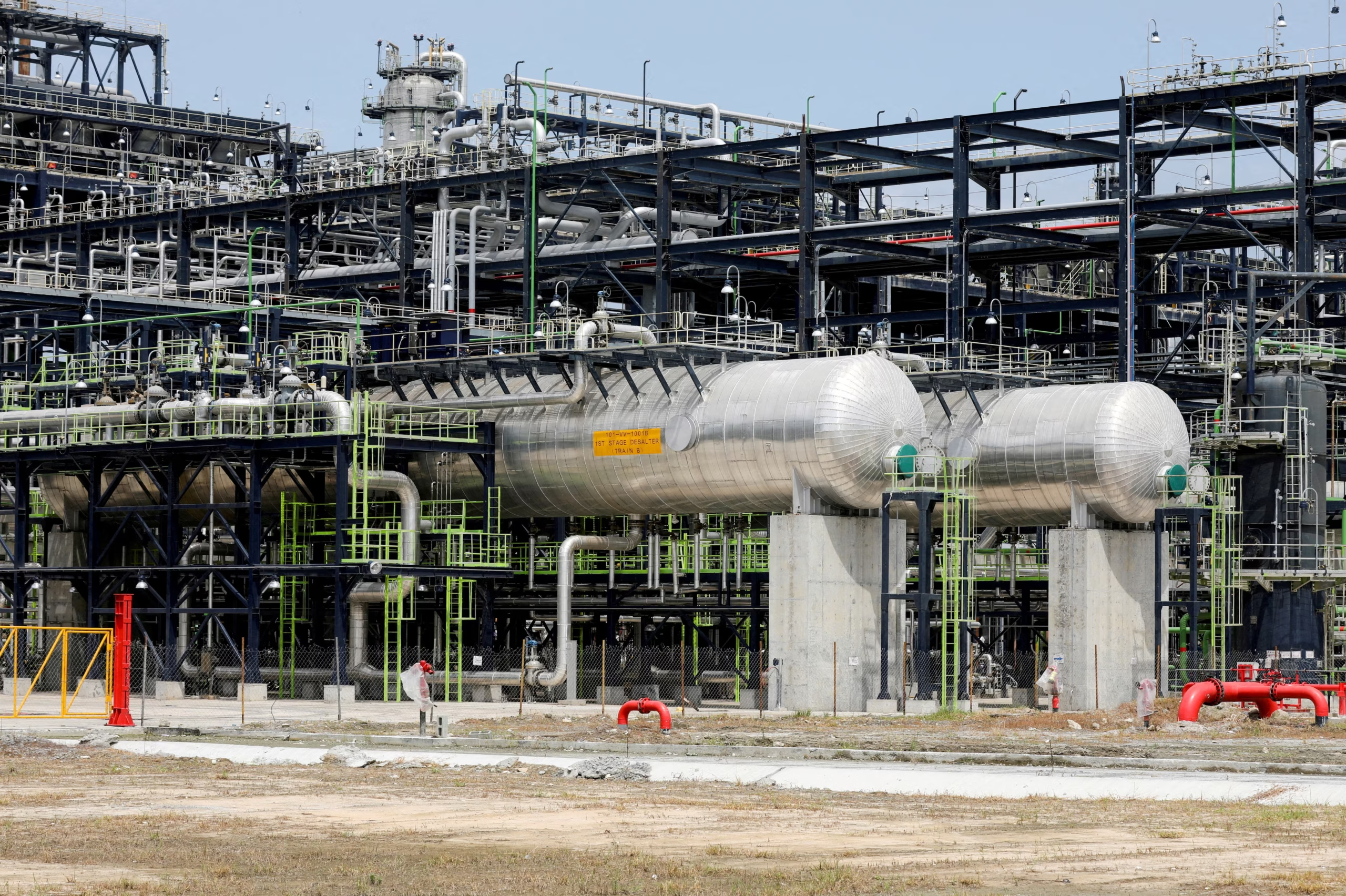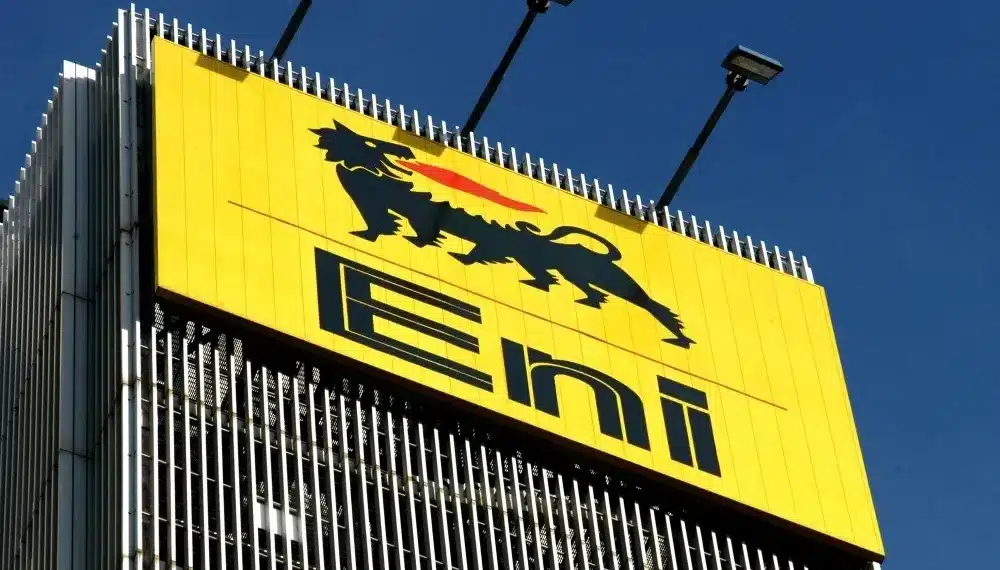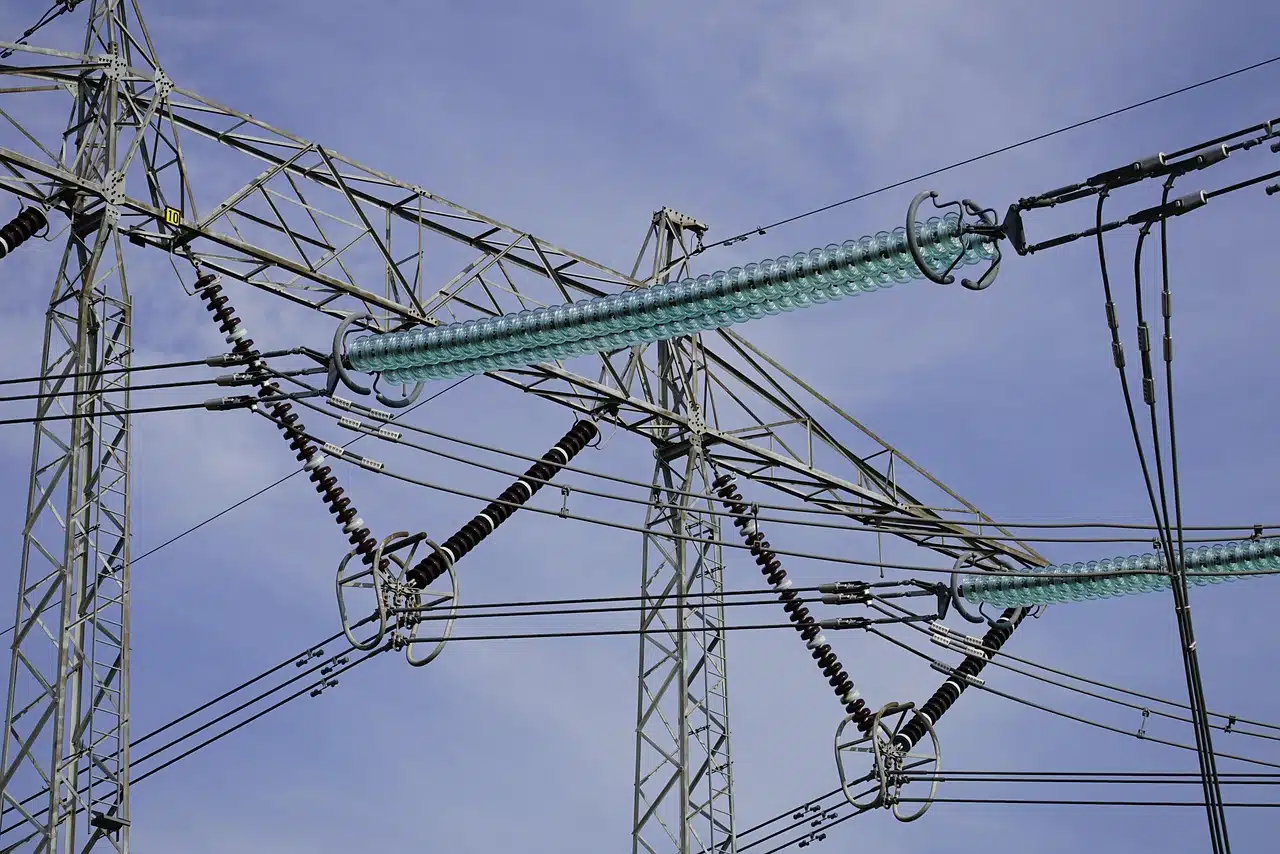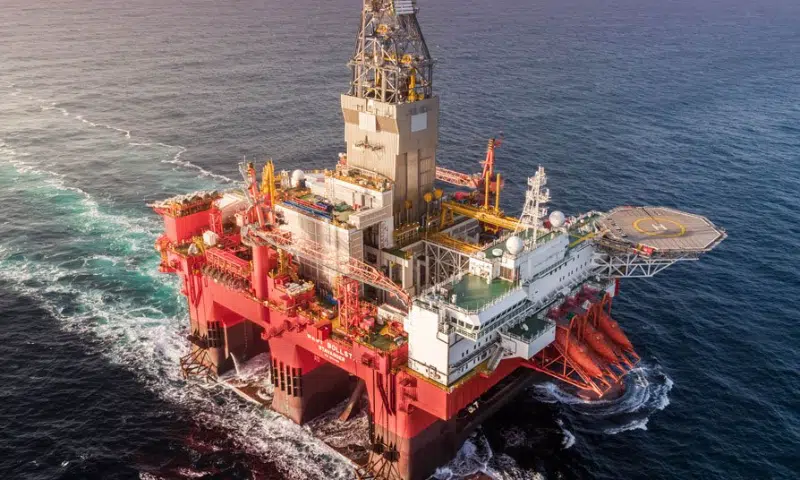European petrol imports by West African countries fell to a four-month low of 926,000 tons in June, down from 1.315 million tons in May, amounting to a 20% year-on-year decrease as Nigeria’s Dangote refinery expands footprint in the region.
June’s sharp decline was largely driven by a record drop in Nigeria’s imports of European petrol.
Rising output from the country’s 650,000 b/d Dangote refinery has significantly reduced imports from the UK, EU countries, and Norway, according to Argus.
Previously, Nigeria was West Africa’s largest petrol importer, but that status shifted to Togo last month as the Dangote refinery continued to ramp up production.
According to Kpler tracking data, Nigeria’s petrol imports from Europe in June dropped by 56% to approximately 231,000 tons, out of a total national import volume of 271,000 tons for the month.
Earlier, Nigeria’s fuel regulator reported that daily petrol imports dropped by 67%, from 44.6 million litres in August 2024 to just 14.7 million litres by mid-April 2025.
This reduction has been offset by a 600% increase in domestic refining capacity, largely attributed to the Dangote refinery.
The plant met 41% of Nigeria’s total fuel needs in March 2025, supplying 20.6 million litres of petrol daily to the local market.
Nigeria is changing Africa’s fuel story
Nigeria’s energy market isn’t just changing; the country is gradually flipping the coin to become a net petrol exporter.
The country’s midstream oil sector revival is positively impacting other African nations that once spent billions of dollars annually on European fuel imports.
With domestic refining on the rise, Nigeria’s petroleum import bill fell by 23.2%, from $18.32 billion in 2023 to $14.06 billion in 2024, resulting in significant foreign exchange savings.
Given recent energy developments, Nigeria has already become a net exporter of petrol and other refined products.
In March, Dangote Refinery launched a tender to sell 151.7 million litres of surplus diesel, signaling its entry into regional markets.
To date, its refined fuel products have reached several continents, including Asia, Europe, and North America.
Meanwhile, the refinery is increasingly targeting the African market.
A recent report confirmed that Aliko Dangote, the billionaire behind the plant, is planning a 1.6 million barrels storage facility in Namibia to supply refined fuel across Southern Africa.
Last month, the refinery loaded a record 252,000 tons of petrol for export. This included 35,000 tons destined for Ivory Coast.
On whether the plant has the flexibility to scale further for rising export demand, Dangote Group’s Executive Director, Edwin Devakumar, told newsmen that they have recently begun purchasing naphtha to support expanded petrol output.
Petrol, also known as gasoline, remains the primary fuel for transport across many African nations.









